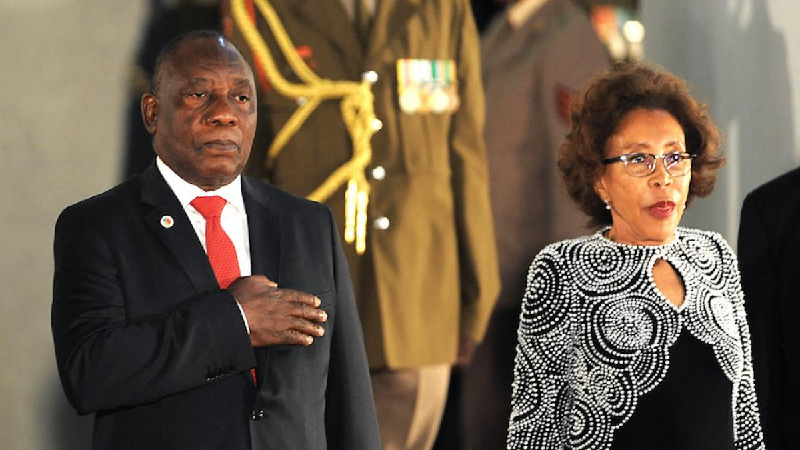By Anees Teladia
“I dream of a South Africa where the first entirely new city built in the democratic era rises, with skyscrapers, schools, universities, hospitals and factories….This is a dream we can all share and participate in building.” These were the powerful words of President Cyril Ramaphosa as he delivered his ambitious, yet considered, State of the Nation Address.
However, despite the plans laid out by President Ramaphosa, some critics do argue that the speech was “overambitious”.
A political analyst with the Auwal Socio-Economic Research Institute (ASRI), Ebrahim Fakir said he feels that while the speech was forward-looking and considered, it would even have been appropriate in the 1990’s considering the similarities between the current South African economic condition and the condition of the economy immediately post-Apartheid.
“I thought it was a bit of a return to the 1990’s in the sense that the speech was trying to do things that should’ve been done in the 1990’s. At the time that South Africa transitioned [to democracy], the economy was left by the Apartheid government in a significant mess. Certainly, the period we find ourselves in now, though not directly comparable, is partly comparable.”
“We have crisis in terms of a balance of payments…You can see that there’s work that has to be done by the South African Reserve Bank to protect the value of the currency. We [also] have a crisis with South Africa’s state-owned enterprises (SOE’S) ’s and the president was frank in admitting it.”
“The speech was forward looking to a degree, but I think there is a realisation that we can’t be as forward looking as we might have liked to be because we have to recover and stabilise the economy before we have any growth.
I also thought the speech was overambitious,” said Fakir.
When asked whether the address was reflective of the needs and wants of South African people, Fakir confirmed – albeit to a limited extent.
“The reality is that South African’s concerns are [primarily] the prices of goods, [delivery of] services, housing, jobs and the problems with Eskom in the form of load shedding. However, I also think that we South African’s can be myopic,” said Fakir.
“One gets a sense it [the speech] is what the South African people want and reflects what their concerns are…unfortunately the detail is all to be announced by the ministers. We are going to have to see what the ministers are saying in terms of this big and broad plan.”
Fakir indicated that he believes the plans laid by the president are “fantastic” and that he thinks the president and the executive branches of government are adequately committed to these plans. He also indicated, however, that while he believes the executive branches of government may be committed to these plans, the competency in the lower levels of the public service is questionable – as is the level of intergovernmental coordination.
“I genuinely believe that the plan is fantastic and I think that President Ramaphosa is committed to this. I think he will be able to navigate his way inside the internal fractures of the ANC to have this plan delivered.
My fear, however, is that while he might have the competency and capability at the top, where much of this needs to happen is through intergovernmental coordination with provincial and local government…
In the major cities the ANC is not really in governance – so they’ll have to find a way of coordinating.”
“If our municipalities have been as dysfunctional as they are, I wonder if we’re going to be able to rely on them to unlock the things he wants delivered,” said Fakir.
Fakir added that he is not convinced by plans to salvage the situation with Eskom and that his expectations are low regarding job creation.
“The jobs question was overambitious and so is the question of growth driven through infrastructure and through government improving service delivery…I can’t see us creating any of those jobs to be honest. I [also] don’t think government can actually create jobs. Governments don’t create jobs – except through public works programmes and by expanding the size of the public service. The real people who create jobs are in the private sector.”
“I’m also not sure the rescue package for Eskom is indeed a rescue package. I’m not sure it’s going to be enough.”
It is worth noting, however, that with President Ramaphosa’s vision of constructing a new city there will inevitably be a surge in job creation – assuming that the vision is implemented. Further, while that job creation may be regarded as temporary (lasting only as long as it takes for buildings and other infrastructure to be erected) it ultimately depends on the type of construction and the level of industrialisation that is encouraged within the newly envisioned city.
The immediate demand for labour during the construction of that city may well lead to further job creation, depending on how well the city is planned and on how prosperous it becomes.
VOC






 WhatsApp us
WhatsApp us 

